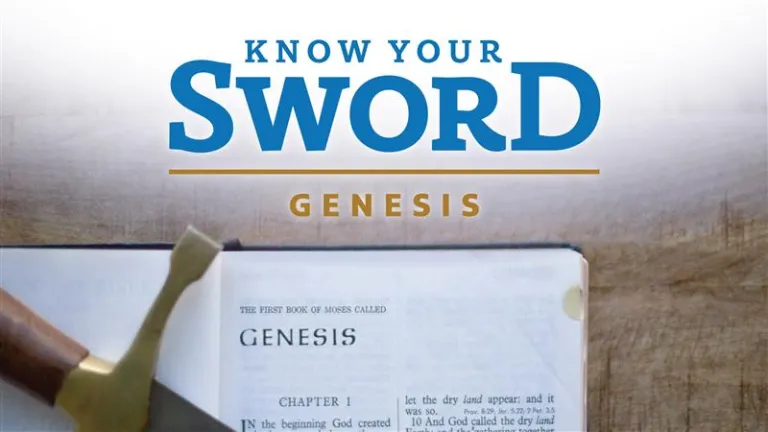Genesis Part 014

Even if the genealogies are not your favorite sections of the Bible to read, they still hold importance! They can provide a chronological framework, help us understand history and provide instruction. We can learn from the meaning of the names and the fact that God records the names and the genealogies indicates that He considers them important.
Someone once said that the most boring parts of the Bible are “the begats,” the genealogies. To most they are dry, uninformative lists of people who largely had no role in the narrative of Scripture. But genealogies can be quite instructive. Genealogies serve several functions. First, they provide a chronological framework. Second, they provide a history of the persons through whom God accomplishes His work.
Through the genealogies we can see how God fulfilled his promises to certain people, such as Abraham, Isaac, Jacob and David. But the greatest function in this regard is to provide a genealogy of Jesus Christ, the One through whom we have reconciliation with God and by whom came the means to fulfill our incredible human potential.
Third, the genealogies can provide instruction and, sometimes, even show apparent divine involvement. When we examine the meaning of the roots of the names in the Genesis 5 genealogy, we find something interesting. Some of the roots are still debated by linguists, but most are settled. Adam comes from a root meaning “red earth” or “man,” who came from the earth. Seth comes from a root meaning “appointed.” Enosh comes from a root meaning “mortal.” Cainan, or more properly Kenan, comes from a root meaning “spear” or “sorrow.” Mahalalel comes from two roots meaning “praised” or “blessed” and El, “God,” and thus means “blessed of God” or “blessed God.” Jared comes from a root meaning “descend” or “come down.” Enoch comes from a suggested root meaning to “inaugurate,” “dedicate,” “start up,” or even to “train” or “teach.” Methuselah comes from two roots meaning either “man” and “weapon” or perhaps “death” and “shall bring,” thus possibly meaning “his death shall bring.” Lamech comes from a suggested root meaning “powerful” or “wild” or perhaps “lamenting” or “despairing.” And Noah, as is well-known, comes from a root meaning “to bring rest, relief or comfort.”

Putting all the names together and using the possible meanings that fit, we have, “Man [is] appointed mortal sorrow, [but] the blessed God shall come down teaching, [and] his death shall bring [those] despairing rest.” While we should not place too much emphasis on this, especially since the root meanings are not certain, it is interesting nonetheless.
23 and Me is a popular resource for genetic testing providing an opportunity for an individual to learn more about their genetic history. Can you imagine if we all had our genealogies recorded for us, so that we could know our entire family history? The all-knowing God has our entire history recorded for us and some day we will be able to learn our entire genealogy all the way back to Adam.
Tomorrow we will dive into Genesis 6.
UYA Team | uya@ucg.org
United Young Adults (UYA) primarily serves the 18–32-year age group for the United Church of God. There are three main areas of contribution to the lives of the young adults: Promoting Spiritual Growth, Developing Meaningful Relationships and Making the Most of Your Talents. The Know Your Sword series is a daily expository message introducing God’s Word from a trusted perspective.
Please see the UCG Bible commentary for more information on Genesis 5.


